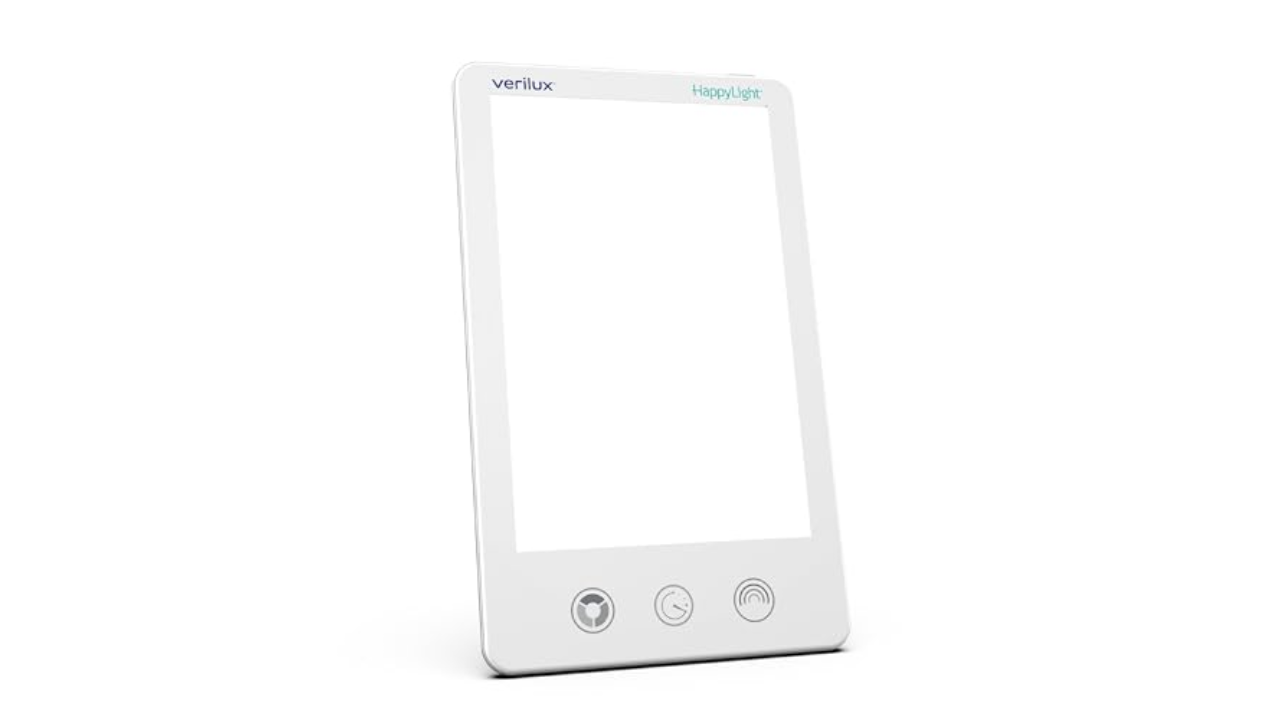Sure, renting has its perks. You can pick up and move as soon as your lease ends. You also delegate all the maintenance and repair work to your landlord.
Be Aware: 7 Ways People Destroy the Value of Their Homes, According to a Real Estate Agent
Read More: 5 Genius Things All Wealthy People Do With Their Money
Even so, there’s a reason the rich choose to buy homes. To illustrate that point, consider that the average homeowner has a net worth nearly 40 times higher than the average renter.
So why do millionaires and billionaires buy their homes rather than rent?
1. Appreciation
Self-made millionaire Rick Orford puts it concisely: “When you buy a home, you’re buying an asset with the likelihood that it’ll appreciate. It costs you money every month, but you could recoup those costs through appreciation. Contrast that with rent or lease: a guaranteed expense.”
Granted, real estate is not an elevator that only goes up. Home values can dip, especially during recessions. And some markets appreciate faster than others.
Still, over time, the median home price in America has risen 2.4 times faster than inflation since 1963.
2. Fixed Payment: A Hedge Against Inflation
Speaking of inflation, homeowners protect against it by locking in their home payments in yesterday’s dollars.
Their housing payment freezes for the next 30 years, if they buy with a fixed 30-year mortgage. Yes, their insurance premiums and property tax bills can rise, but their core housing cost — their principal and interest payment — remains locked.
Meanwhile, renters keep paying higher rents every year to keep pace with inflation.
3. Shrinking Loan Balances
Every month, part of homeowners’ housing payment goes toward paying down their principal balance.
Not only does their housing payment remain fixed, but eventually, it disappears entirely. Homeowners with a 15-year mortgage become debt-free relatively quickly, and all homeowners can control the speed by paying extra principal if they choose.
4. Tax Benefits
“Additionally, there are potential tax benefits, such as mortgage interest deductions, which can make owning the home that much more affordable,” said Orford.
Homeowners can write off their property tax bill and their mortgage interest (up to $750,000). That can save them even more money each year compared to renting.
These tax benefits lost a little luster after the Tax Cuts and Jobs Act of 2017, which doubled the standard deduction and capped state and local tax (SALT) deductions. Even so, millions of homeowners continue cutting their tax bill with these benefits every year.
5. Customizability
When you buy a home, you can paint the bedrooms bubblegum pink if you want. Or you can tear down a wall to make a more open floor plan, add a patio or create your perfect mancave (if mancaves are still a thing).
Renters can’t make any changes without the property owner’s permission. It doesn’t belong to them. After all, they simply pay for the right to use it for a while.
6. Ability To Add New Buildings
Homeowners can take customizability even further by building additions or extra structures on the property.
These could include sheds, barns, workshops or extended living spaces. Homeowners may even build an accessory dwelling unit (ADU) to rent out and cover some of their mortgage payments as a form of house hacking.
7. House Hacking
Yes, it’s theoretically possible for renters to house hack. But it’s a lot harder.
Homeowners are far better positioned to create income from their home, to offset their mortgage payment and other housing costs. “The classic house hacking model involves buying a two-, three-, or four-unit property,” explained Alexandra Alvarado of the American Apartment Owners Association. “You can buy these with a conventional mortgage and typically use future rents to help you qualify on income. You move into one unit and rent out the others, and the rents from your other units can potentially cover your mortgage and maintenance costs.”
Other house hacking options include renting rooms to housemates, renting out storage space or parking space, and renting part of your home on Airbnb. Or, for that matter, renting all of your home on Airbnb when you’re not using it.
Many residential leases don’t allow subleasing, so renters would likely need to get permission from their landlord to attempt any of the above.
8. Vacation Homes Can Generate Cash Flow
Many millionaires take homeownership a step further and buy second homes.
In some cases, they don’t even cost the owners any money to own. If you rent it out for much of the year, it can generate cash flow for you and cover your ownership costs.
Rick Orford knows. “Owning a vacation home gives us the stability and freedom to earn a second income through short-term renting to guests,” he said. “And we get to use the property when we like.”
Just be careful, as many vacation rentals don’t earn enough cash flow during the high season to cover the cost of ownership for the entire year.
Final Thoughts
Real estate remains a favorite asset class of the wealthy for a reason. Between the ability to buy it with other people’s money to appreciation to cash flow to tax benefits and beyond, real estate comes with near-endless perks.
Fortunately, you don’t need to be a millionaire to buy a home — or even a second home. Just make sure you don’t get in over your head by buying a property that stretches your budget beyond its comfort zone.
More From GOBankingRates
This article originally appeared on GOBankingRates.com: I’m a Self-Made Millionaire: 8 Reasons I Always Purchase and Never Rent or Lease
Signup bonus from





